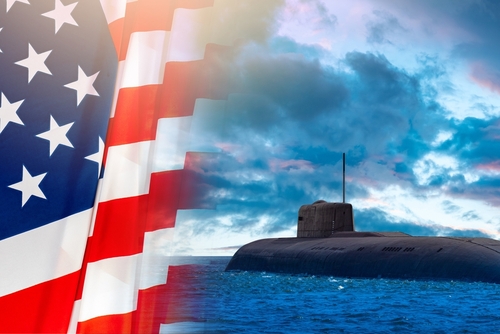
For a mix of modernization and strengthening efforts of the agency’s nuclear deterrence capabilities, President Joe Biden submitted his National Nuclear Security Administration (NNSA) 2024 budget request this week.
According to the U.S. Department of Energy (DOE), $23.8 billion is being sought for a mix of innovative and collaborative measures in the nuclear sector under its purview, including the modernization of key production capabilities, infrastructure and technology reinvestment, advancement of nonproliferation and nuclear security efforts, and naval nuclear improvements. Overall, this would represent an increase of $1.7 billion over the enacted budget from fiscal year 2023 and the largest budget request in NNSA history.
“This is our time to transform the nuclear enterprise. We are working to create an enterprise that provides the United States with flexibility and resiliency to respond to a changing geopolitical environment, and the budget request directly supports these efforts,” Jill Hruby, Under Secretary of Energy for Nuclear Security and NNSA Administrator, said. “We appreciate the long-standing bipartisan and bicameral support from Congress that allows us to conduct responsive and responsible weapons modernization, infrastructure refurbishment, nonproliferation, counterterrorism, and naval reactors programs with strong science and technology foundations.”
The NNSA portion of the overall $6.9 trillion White House budget request was broken down into essentially four parts:
- $18.8 billion for weapons activities. These include five warhead modernization programs, restoration, and refurbishing of production facilities, as well as maintenance of stockpile research, technologies, and engineering capabilities
- $2.5 billion for Defense Nuclear Nonproliferation. This includes targeted increases to improve key capabilities for nonproliferation, nuclear and radiological security, and nuclear incident response capabilities, including funds for nuclear power security, responses in Ukraine, and the bioassurance program
- $1.96 billion for naval reactors. These funds would support the current operational nuclear fleet, from refueling and defueling of aircraft carriers and submarines to submarine reactor system development and recapitalization of labs and environmental remediation of legacy responsibilities
- $539 million for federal salaries and expenses




